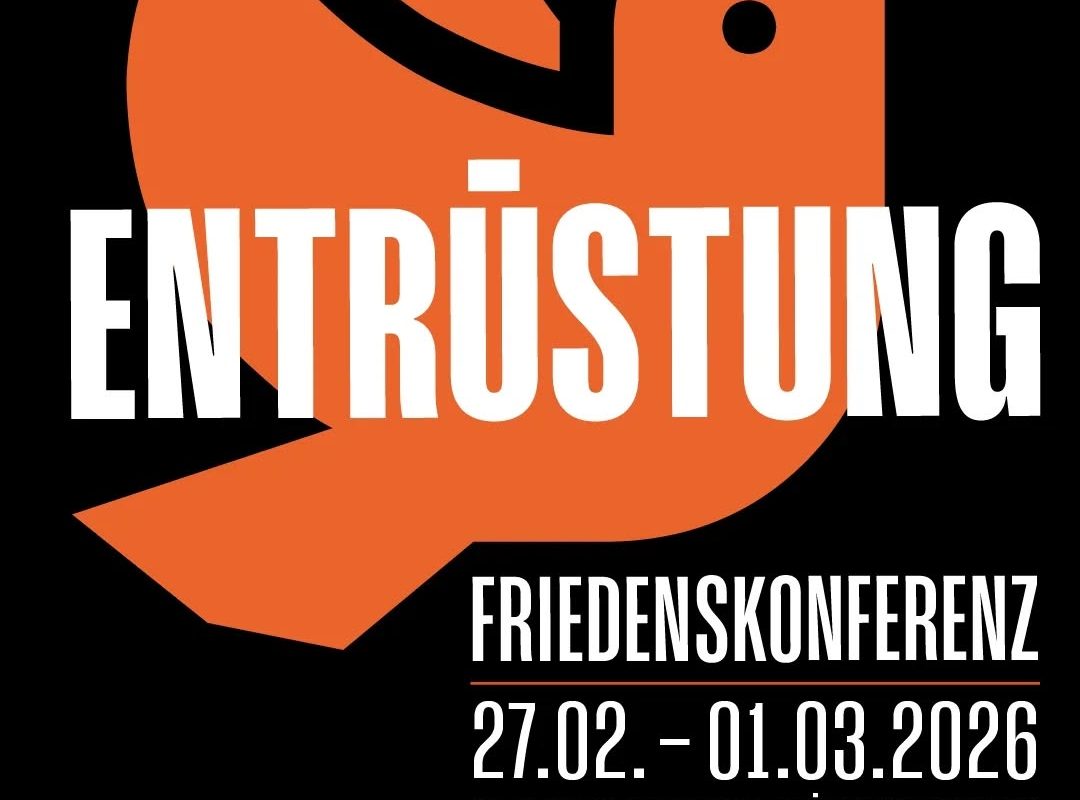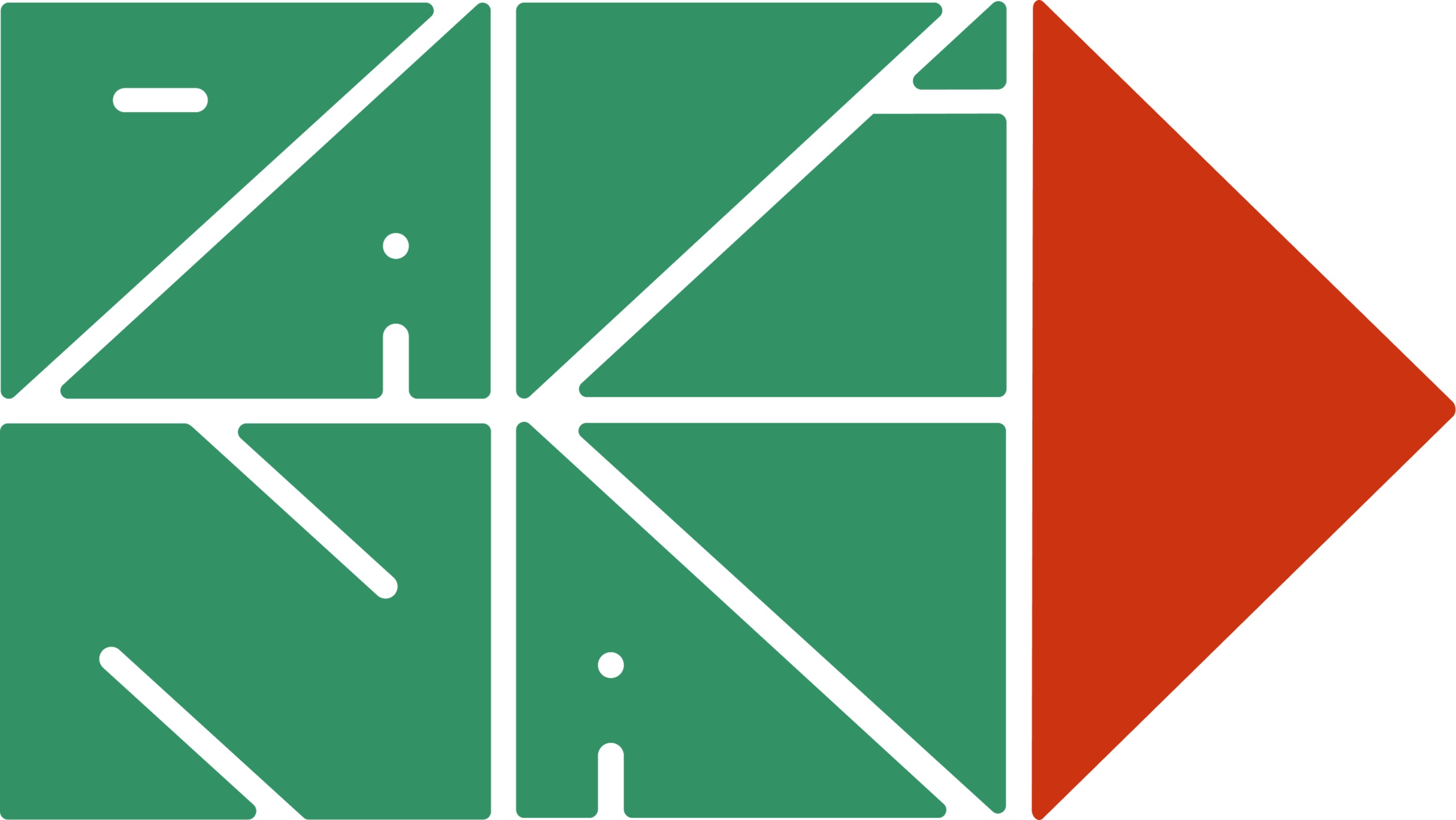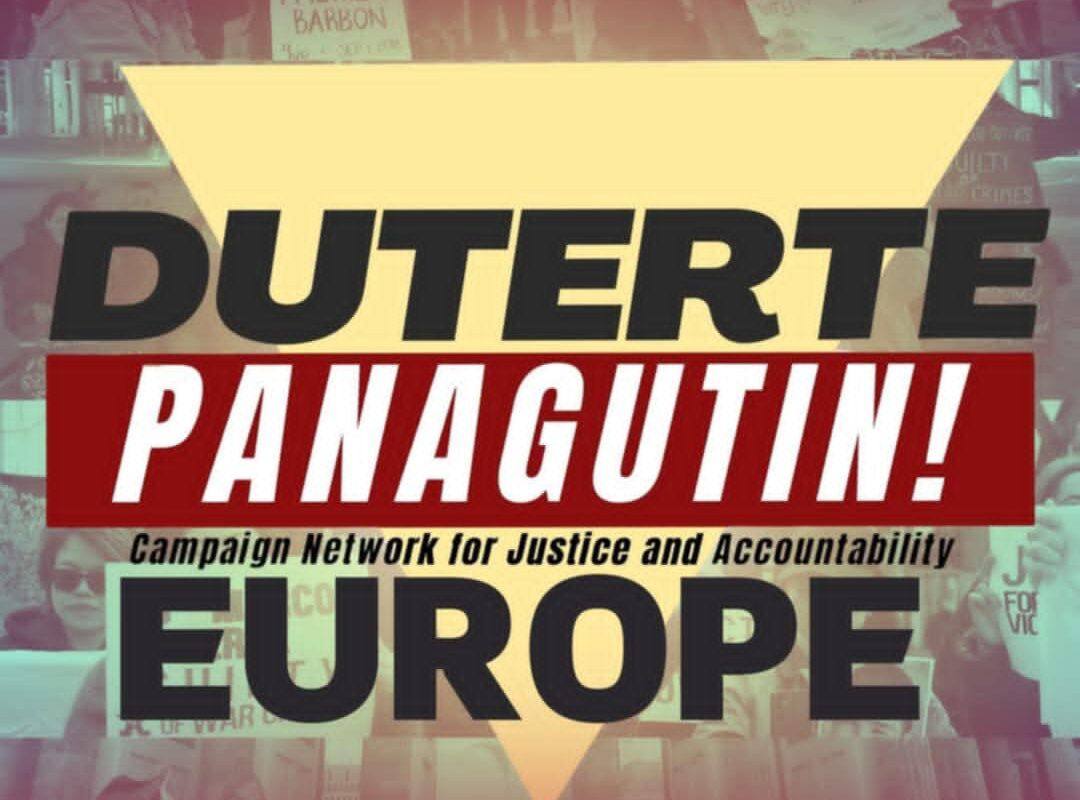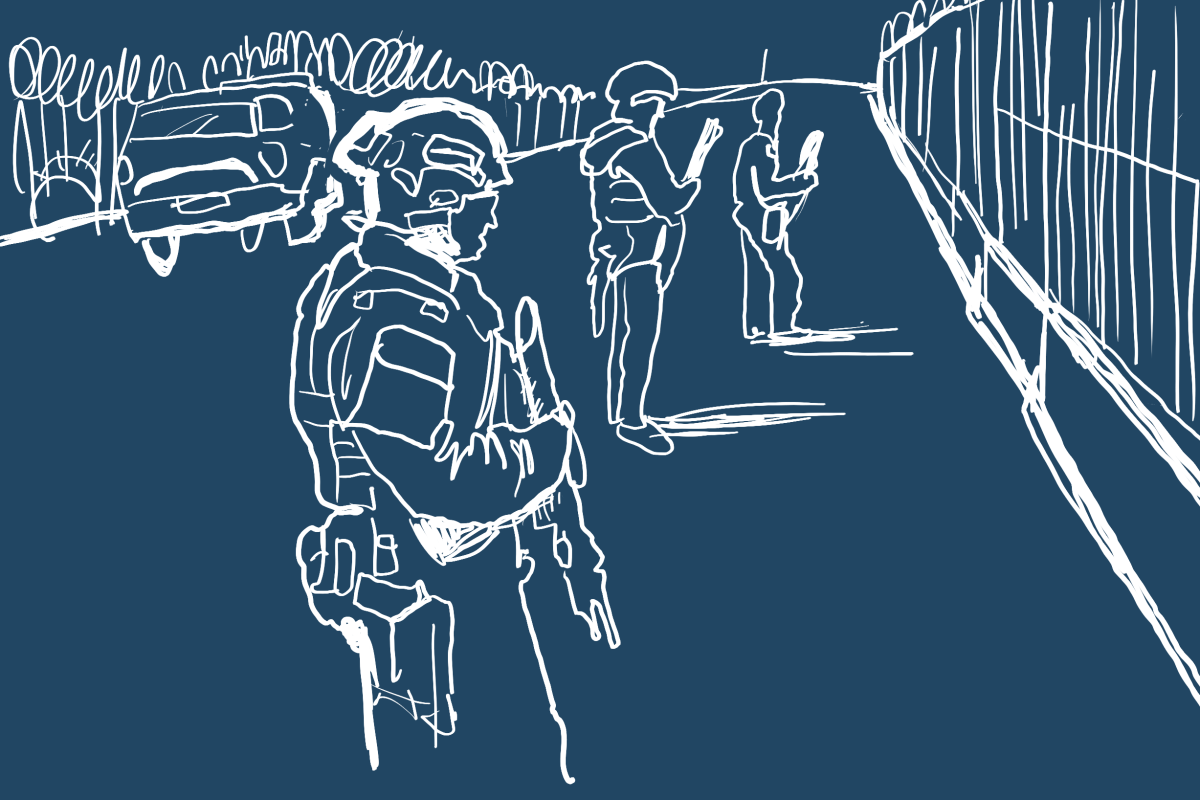The long awaited report “No systemic flaws”??? The aftermath of Dublin transfers to Poland will be launched on 29th January 2026, with participation of Polish asylum lawyers and in the presence of survivors of border violence along the Belarus-Poland-Germany flight route (the very chain of violence).
The report exposes systemic flaws in the Polish asylum system focusing on the situation of persons subjected to Dublin “transfers” (deportations) to Poland by Germany. It highlights Poland’s complete suspension of access to asylum for those arriving via Belarus, as well as the systematic and arbitrary detention of asylum-seeking unaccompanied minors of 15+ years old, families with children, pregnant women, persons with disabilities, persons in psychiatric crisis, and other vulnerable groups.
The report has been born out of the stark contrast between the grim asylum reality in Poland for especially the non-European, non-white, non-Christian, and the complete denial of this reality by the German authorities. Poland has been violating fundamental rights of asylum seekers for years, especially since the opening of Belarus-Poland-Germany route in the summer of 2021, while Germany has been playing oblivious to it.
The violence perpetrated by Polish authorities takes place not only at the external EU border with Belarus, causing death and life-long injury to brown- and black-bodied migrants, but also across the country through arbitrary and systematic detention and bureaucratic barbarity that keeps the same people out of asylum procedure thus in a legal limbo and at a direct risk of deportation to the countries they had fled.
Contrary to what had been expected by the civil societies in Poland and Germany, the change of government in Warsaw to a “liberal” one in December 2023 brought only drastic deterioration of the situation for non-European, non-white, non-Christian asylum seekers. In the atmosphere of warmongering against Russia and massive military buildup especially at its border with Belarus, Poland—as of 27th March 2025—has barred those arriving through this border from access to asylum in the name of countering “instrumentalisation.”
Germany has all the indisputable reasons not to ignore the part of Dublin III Regulation that obliges it not to transfer asylum seekers “to the Member State primarily designated as responsible [when] there are substantial grounds for believing that there are systemic flaws in the asylum procedure and in the reception conditions for applicants in that Member State, resulting in a risk of inhuman or degrading treatment within the meaning of Article 4 of the Charter of Fundamental Rights of the European Union.” It chooses not to see them.
In fact, Germany’s quiet complicity in Poland’s war on migrants has turned into a full-on participation with the introduction of German pushbacks on the Oder or Zurückweisungen in October 2023. The government in Berlin has become a link in the chain of violence against the people on the move. It was best evidenced when, in July last year, Alexander Dobrindt visited Poland’s border area with Belarus to be shown by his then/at-the-time counterpart—Tomasz Simoniak—how well Poland has been fortifying this border and protecting itself, Fortress Germany and Fortress Europe from those fleeing conflicts, wars and the genocide elsewhere—“the wretched of the earth.”
The launch event—in English—takes place on 29th January 2026, 14:00-17:00, at the premises of the Rosa-Luxemburg-Stiftung, Straße der Pariser Kommune 8A, 10243 Berlin and online. The event contains presentations and discussion on the Suspension of access to asylum & “instrumentalisation“ and on Other systemic flaws and their impact on vulnerable groups.




